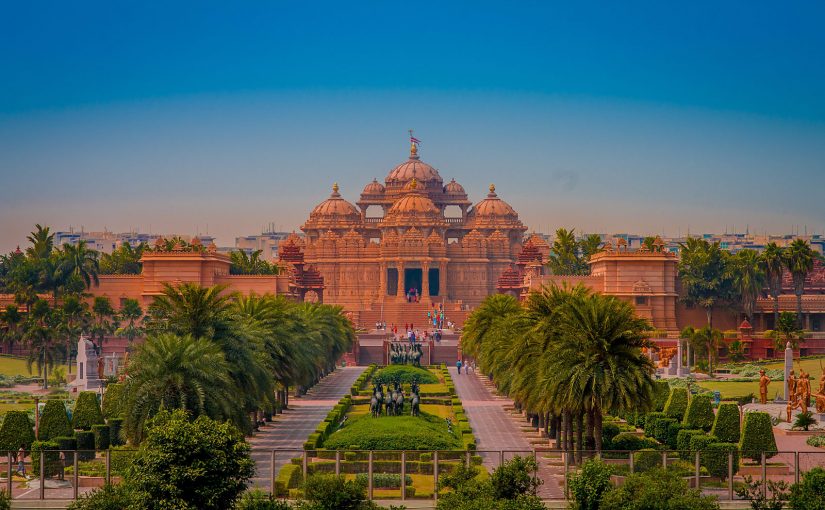From Flowers to Insence
Tens of thousands of people work at the bottom of India’s so-called temple economy, which is worth an estimated $40 billion and includes people selling everything from flowers to oil lamps to images of Hindu gods.
The vast majority form part of the informal sector that makes up about 90% of India’s total workforce, meaning they are not protected by labor laws.
Their livelihoods are at risk from a complete three-week shutdown imposed by the government on Tuesday to stem the spread of the coronavirus after the deaths of nine people.
He said the economies that surround them had grown in recent decades, warning of a major hit to people’s livelihoods as they were closed.
“Even the number of flower sellers have increased, besides more eateries, hotels offering rooms to pilgrims, trinket sellers and of course prayer stores,” Chakravarthi told the Thomson Reuters Foundation.
‘KEEP THE FAITH’
V Subramanian, secretary of Jankalyan, a spiritual group that organizes prayers and provides aid in disasters, said the shutdown could not have come at a worse time as millions prepare for the spring festival season that begins with the new year.
“You know the people working outside temples, particularly the smaller ones, are not millionaires,” he said.
“Certain families depend only on the temple for their livelihood. For many women, in particular, who sell flowers and oil lamps outside temples, the lockdown means no income. And the timing is terrible because festivals are around the corner.”



